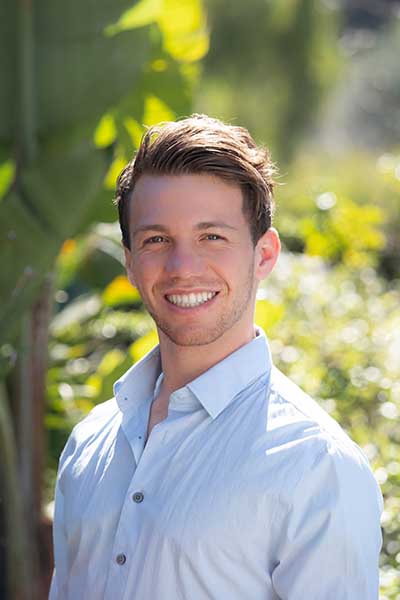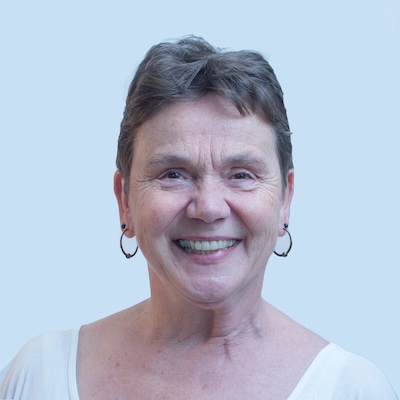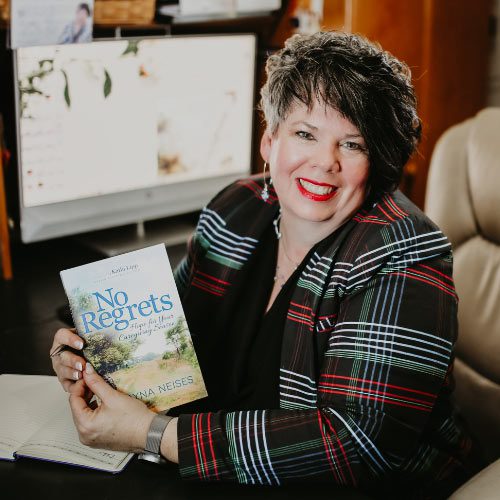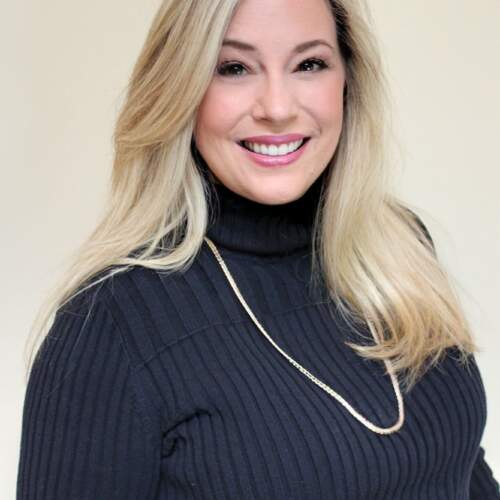You Might Live for a Century!
Photo by Lucy Heath on Unsplash
Would you like to live to be 100 years old?
This is not a hypothetical question. It used to be that living to be 100 virtually guaranteed your picture in the local newspaper, along with a quote about the secret of your longevity. But centenarians are no longer a rare, exotic subspecies of humankind. The U.S. Census Bureau estimates that in the next 20 years, 500,000 Americans will reach the age of 100 – a truly astounding number.
Personally, I have no interest in celebrating my 100th birthday if I can’t be there to enjoy it. And by that, I mean that if I’m reduced to a drooling, barely sentient, hollow-eyed shadow of myself, I’d just as soon miss the party. Which brings us to the difference between lifespan – which gets most of the attention – and healthspan, the measure of how long we can enjoy an active life free from debilitating illness.
One thing that has fueled the discussion in recent months is a book published last year. In Outlive: The Science and Art of Longevity, Dr. Peter Attia and coauthor Bill Gifford argue that “longer lifespan with no improvement in healthspan is a curse, not a blessing.” Drawing on the latest findings of science, they suggest ways individuals can improve their prospects for long-term health in their later years. Along the way, the authors argue that any of us who makes it to age 100 will do so despite the efforts of modern medicine.
Western medicine, they contend, is quite adept at diagnosing and treating complex illnesses and responding to medical crises. But it pays entirely too little attention to preventing those illnesses before they become complex and require heroic intervention.
Emergency Heroics
You might say medical professionals are analogous to firefighters. If your house goes up in flames, you absolutely want firefighters to rush to the rescue to save lives and possibly your house. But how much better off would you be if you installed smoke alarms, took other basic fire prevention steps, and never had a fire in the first place? Prevention lacks the drama and the heroics, but it spares the Trauma and the costs. And although emergency medicine and high-risk surgery make better television than routine testing and monitoring, does you really need more medical drama in your own life?
Attia and Gifford argue that patients would live longer, and in better health, if they focused on disease prevention. (And given the medical profession’s predilection, patients may have to be proactive on their own.) In particular, they should work at preventing the “four horsemen of the Apocalypse” that, together, account for 80% of deaths among people over age 50 who don’t smoke:
Atherosclerotic disease, including both cardiovascular disease and cerebrovascular disease.
Cancer of all types
Neurodegenerative disease, including Alzheimer’s, Parkinson’s, and other types of dementia.
Metabolic dysfunction, including everything from hyperinsulinemia to fatty liver disease to Type 2 Diabetes.
Monitoring your health at regular intervals will provide clues to what conditions you need to pay attention to. My primary care doctor (who is, in fact, concerned about preventive care) keeps tabs on my glucose levels, cholesterol, kidney function, blood pressure, and a whole panel of other tests that I don’t understand. So far, it’s working.
What We’re Up Against
But perhaps I am the exception. According to physician Dave Choskhi, global health statistics indicate that the average American “can expect to celebrate only a single birthday in good health” after age 65.
Dr. Scott Braunstein, an internal medicine and emergency medicine doctor, observes that “people tend to live the last 10 years of their life burdened with disease or poor quality of life.”
On the other hand, the director of the New England Centenarian Study, Dr. Thomas Perls, finds that about 15% of centenarians reach the century mark having eluded all the typical age-related diseases. So how do we gain admission to that club?
The good news is that it’s never too late to make Lifestyle decisions that lead to better health.
Prevention
This is the place in the article where you would expect a roundup of the usual suspects: Eat more kale, give up potato chips, get more Exercise, get enough Sleep. But Attia’s deep dive into the science of prevention turned up some surprises.
If you scan the online articles and published books on prevention, you might be convinced that Americans can simply eat their way to better health. Certainly, millions of us would be happy to believe that. In fact, says Attia, most of the claims about nutrition are based on studies that fall short of the highest standards for credibility. In other words, Diet generates a lot of noise but not a lot of reliable facts.
On the other hand, Attia was surprised by the power of exercise and how vital it is to our health. He finds that exercise should include strength building as well as cardiovascular training.
Interestingly, Attia also takes a holistic approach that also includes emotional well-being. He talks about the benefits of resolving trauma, of dialing down Stress, and of Therapy in general. He also talks about the critical importance of maintaining strong ties to others. Finally, he asks, what is the point of living a long life if you don’t love your life?
I don’t really expect to make it to age 100 – my latest projection shows me checking out at 93, and I think that’s an honorable number. The main thing, though, is that however many years I have left, I want them to be in the best possible physical and Mental Health.
I guess I have work to do.


























